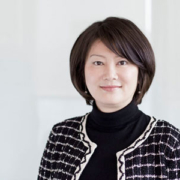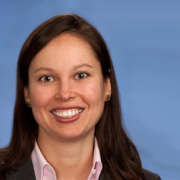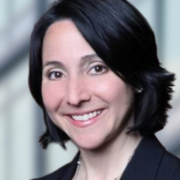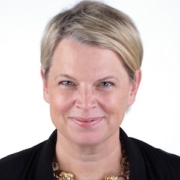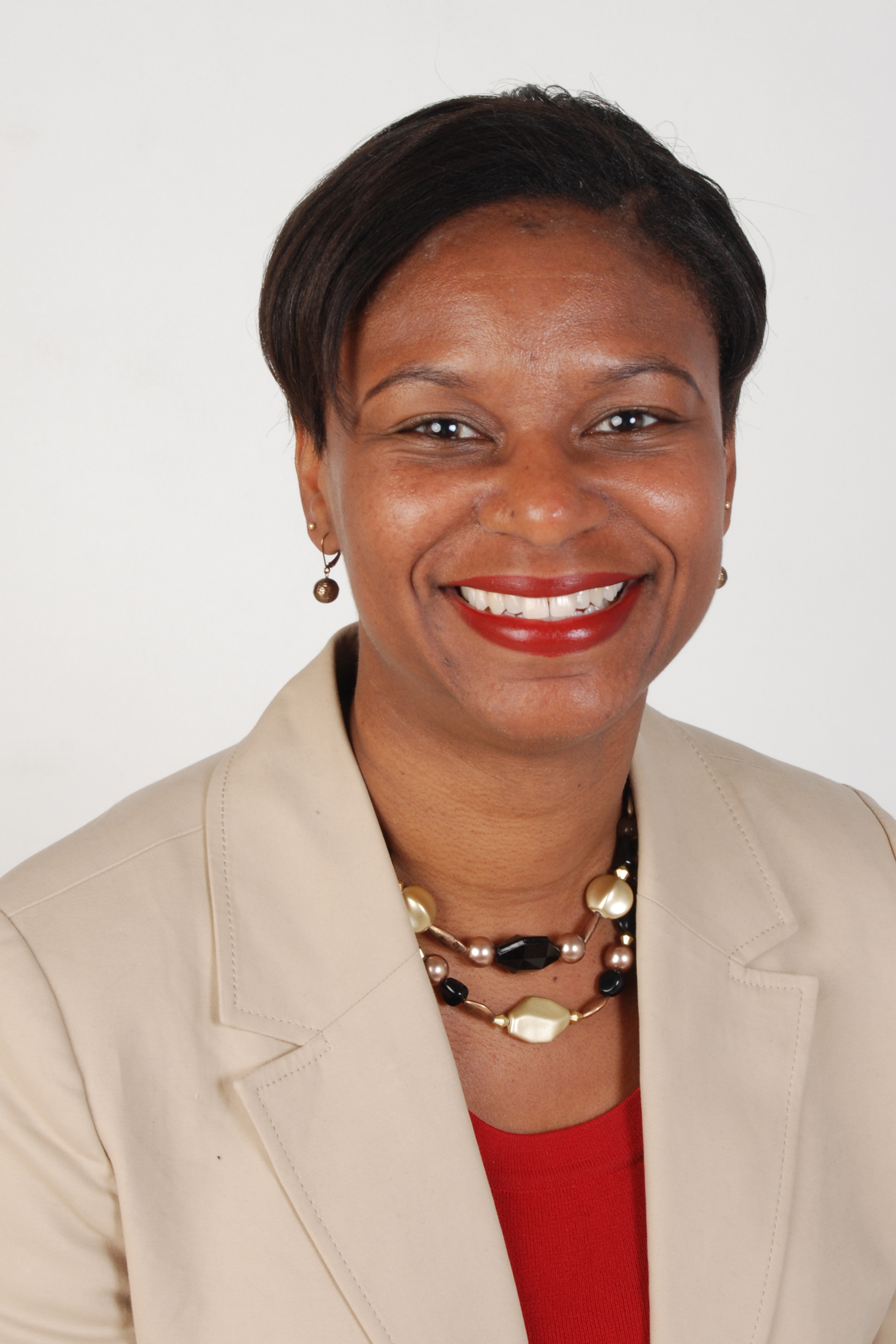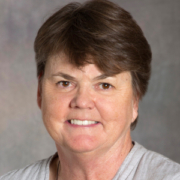Voice of Experience: Nora Wu, PwC Global Vice Chairwoman, PwC Global Human Capital Leader
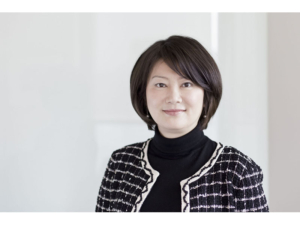 Welcome the The Glass Hammer’s “Spotlight on Asia” week! We will be highlighting successful women working in Asia all week long!
Welcome the The Glass Hammer’s “Spotlight on Asia” week! We will be highlighting successful women working in Asia all week long!
Nora Wu believes that achievements do not determine success, but that success is determined by the obstacles that have been overcome. She herself has faced numerous challenges and barriers on her journey to being appointed PwC Global Vice Chairwoman and Global Human Capital Leader in July. “My professional career got off to a late start,” she recounts. “I started my family before I began to focus on my career and by the time I joined the accounting profession in 1988, my daughter was already two years old.”
As she recalls, she was the only female staff member from mainland China to be hired by one of the then-Big Eight accounting firms in San Francisco. “I was born and raised in China, which back then had yet to open itself up to the rest of the world. The US work culture was completely different and it was tough for me to immerse myself in such a highly competitive and demanding environment,” she explains.
Her new job required that she learn new professional skills and improve her English, but it also prompted her to appreciate cultural differences and new communication styles, while learning the importance of work-life balance. After her son was born, she took two years off to focus on her young family. “When I came back to work, I was competing with much younger colleagues who did not have the same challenges as me,” she says. “Becoming a partner at the firm did not even feature in my wildest dreams.”
In 1995, she moved back to China and became the only female manager in the Arthur Andersen Shanghai office. Five years later, she would become the first female partner. “Although my career got off to a later start, I never let that become a disadvantage,” she recalls. “I had the opportunity to see my kids grow and be there when they needed me but I was still able to dedicate myself to my career. Most importantly, I learned to focus on what I wanted to achieve in life and how to strike a balance between being a mother, wife, daughter and respected professional and leader.”
Women in Leadership
The challenges Wu has faced in her career have made her a better, more effective leader. When she was appointed PwC China’s Shanghai Office Lead Partner in 2006, she faced difficulties garnering support, especially among her predominantly male colleagues with more experience. “Giving up was never an option,” she remembers. “Instead, I reached out and found areas where I could add value as a leader, and slowly I began to earn the trust and respect of my partners and team. It was a rocky start but I’m proud to say that the mindset has since changed.”
Women face several barriers in the industry and Wu highlights two: fear and self-doubt. “Women tend to underestimate their capabilities,” she admits. “This is something that we can learn from our male counterparts. In many cases, even if they doubt themselves, men will still grab an opportunity and embrace it. Organizations can do more to help women, but ultimately, it’s up to us to take on new challenges and show we can lead.”
She advises women to let go of their fears and inhibitions, take advantage of opportunities and treat every challenge as a learning opportunity. “You never know where one opportunity or interaction will lead you and you only can find out if you give it your best shot,” she says. “You should never be afraid to work hard or put in the long hours. Work-life balance is indeed possible, especially if you do not separate your work and your life. By aligning your purpose, personality, and aspirations, it will be easier to create a balance. I’ve personally seen the transformation in our young associates who have risen to become very successful.”
But it can be hard to know your purpose in life when you are young and just starting your career, so Wu advises people to ask themselves what they want in life and what will bring them meaning and fulfillment. “To begin finding out what your purpose in life is, imagine looking back forty years from now and asking yourself what would make you proud, or if you would be able to admit to having lived a full and meaningful life,” she suggests. “The answers will give you a good indication of what you want, or should, aim for in life.” Wu also encourages the development of peer groups that are both trustworthy and supportive, as this enables sharing and mutual learning from different challenges and experiences.
Working in PwC
In her new role overseeing the development and execution of PwC’s global human capital strategy, Wu is very excited about the opportunities for the 184,000 people throughout the global network of firms. “We want to see how we can move the network’s people agenda forward,” she says. “The digital revolution is changing the world at a rapid pace and each year, PwC firms around the world hire about 20,000 graduate millennials. These future leaders grew up with technology, smartphones, tablets and cloud computing.”
Wu believes that “this shift in behavior and enhanced connectivity will produce numerous opportunities for PwC to create value in entirely different ways, not only for our own people but also for our clients and for society.” She also recognizes the increasing role of female millennials in the PwC talent pool. “I want to encourage these women to go beyond their limitations and lean in when opportunities come by. As you rise to a position of influence, you’ll be able to change things for the better a little easier.”
She foresees a fundamental transformation taking place over the next three to five years, which will bring a host of new opportunities and challenges. PwC’s 18th Annual Global CEO Survey, launched earlier this year, reveals the three external forces that business leaders believe will have the most impact on their businesses over the next five years: technological advances, demographic changes and global economic shifts. “These trends aren’t new, but the implications for businesses are profound,” she says.
“In a world that’s changing rapidly, the very purpose of business – not just its practices – will come into question. PwC is no longer just an accounting firm, but among the leading professional services networks in the world. We now offer a multitude of services that go way beyond audit and tax,” she adds. “I can say that the firm has likely evolved far beyond the expectations of our founding partners!”
PwC believes strongly in being a part of the movement towards responsible business practices that can create positive change in the world. “We’re a purpose-led firm. Our purpose statement is ‘Build trust in society and solve important problems.’ We’ve also started to shift the focus of our corporate social responsibility efforts from general volunteering to skills-based volunteering that leverages the skills and expertise of our people, such as assisting NGOs with their governance and internal controls.”
During her time with PwC, Wu helped found the China Corporate Social Responsibility program, served as the first chairperson of Culture Change program, and was a leadership sponsor of the inaugural PwC Global Diversity Week, which took place this past March. “I was engaged in an online jam discussion where I got to chat with our people around the world on why diversity is a business imperative,” she explains. “We recognize we have a long way to go, but our leadership is committed to promoting diversity and inclusion and making it a priority.”
Outside the Office
“My passion is coaching the next generation of our leaders and I believe my life and career experience can be very valuable to those just starting out,” Wu explains. She has a passion for music (especially opera and classical music), traveling and admiring nature’s beauty. “I just came back from Santorini which was just beautiful,” she adds. “I also enjoy yoga, meditation, swimming, reading and spending time with my family and friends.”
By Irene Solaz

